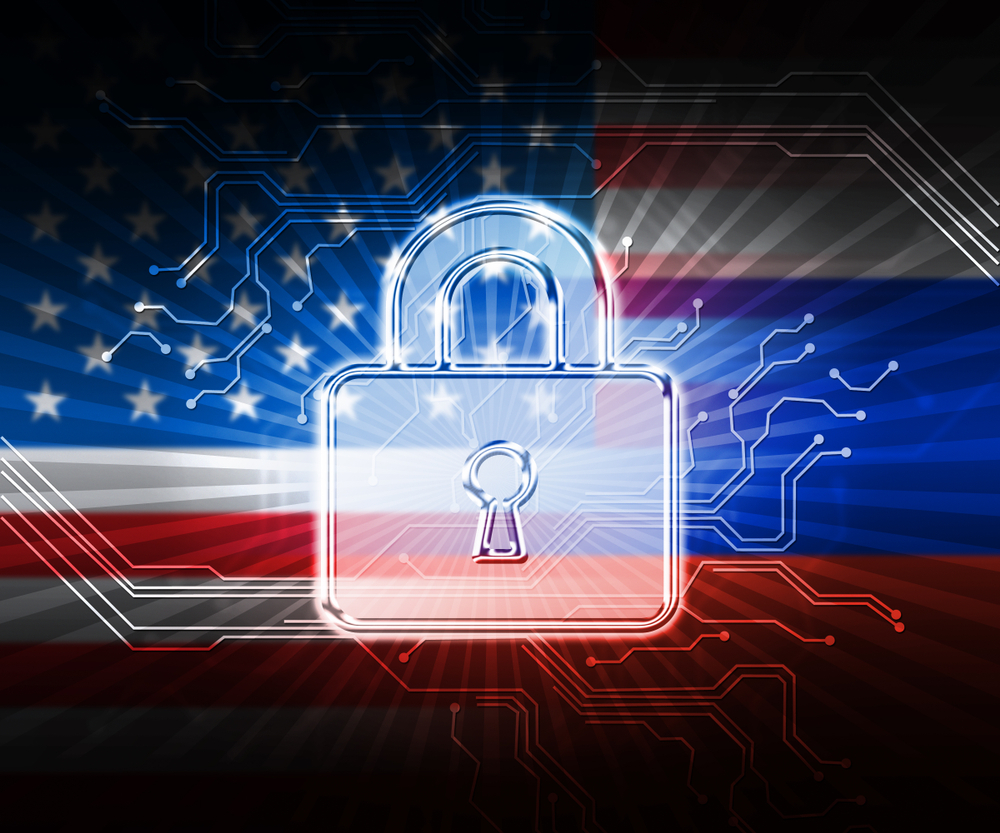
The Council on Foreign Relations (CFR) recently offered a review of 2018 cybersecurity threats and election security efforts via a blog post on the agency’s website.
David P. Fidler noted that for the first time in the nation’s history in 2018, the country conducted elections amid efforts to protect this process from foreign cyber threats.
“The Russian hacking and disinformation operations during the 2016 elections caught government officials, political campaigns and voters unprepared and caused unprecedented controversies,” Fidler wrote. “The 2018 elections ended without the cyber crises that marked the 2016 elections, but this outcome should not obscure the difficulties encountered this year in protecting U.S. elections from cyber threats.”
Congress appropriated $380 million to help states improve election cybersecurity, per Fidler, who added the Department of Homeland Security (DHS) led initiatives that included improved information sharing deepening federal-state cooperation and strengthening of state and local election cybersecurity.
“Cyber Command began offensive cyber operations to warn Russian operatives not to interfere with U.S. elections,” Fidler wrote. “The Department of Justice and social media companies, including Twitter, took action to address the spread of foreign-source disinformation. Google, academic institutions and think tanks continued or developed ideas, strategies, and tools to help political campaigns, political officials, and voters cope with foreign cyber threats.”
Fidler maintains that in the future election cybersecurity will require consolidating and expanding upon 2018’s, demanding White House leadership, DHS commitment, the passage of new laws and additional federal funding for hardening election systems against cyber intrusions.




